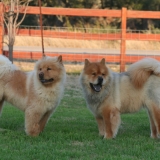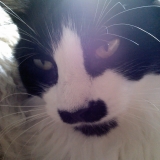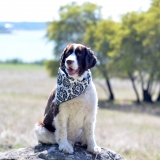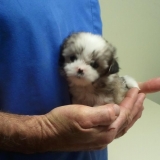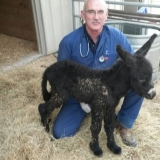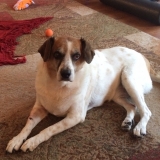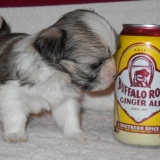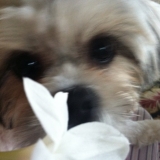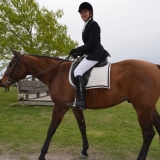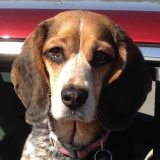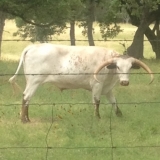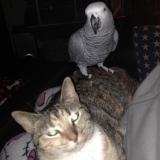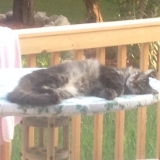This hormone imbalance takes a toll on dogs, cats and horses.
A healthy appetite means a healthy pet, right? As long as an animal is enthusiastic about their food, there cannot be to much wrong with him, right? It would seem like the answer to these questions would be yes, but that is not always the case. If other symptoms are occurring as well, this could indicate Cushing's Syndrome.
Cushing's Syndrome is the name given to excessive cortisol in the system. The symptoms you see in Cushing's Syndrome creep up over time and can often mimic what you might think is just part of the aging process. So familiarity with the symptoms can help you get your pet to your veterinarian in a timely manner.
Here are some of the major warning signs of Cushing's Syndrome:
-
Drinking excessively
-
Urinating excessively
-
Increased or ravenous appetite
-
Pot bellied appearance
-
Less interest in activity, reluctance to run or jump
-
Skin trouble, hair loss, wrinkled skin, slow skin healing
These symptoms can indicate long term over-exposure to an overproduction of cortisol. Almost all Cushing's patients have the pot bellied appearance. Muscle protein is broken down and this can lead to reduced activity and a reluctance to jump or run.
Besides making your pet feel generally crummy, untreated Cushing's Syndrome can lead to bladder stones and diabetes. It is important to note that about 10% of dogs with Cushing's will develop diabetes but that number jumps to 80% in cats.
Cushing's Syndrome can occur from two different causes. Trouble with the pituitary gland is responsible for about 85% of Cushing's patients. Problems with the adrenal gland are responsible for the other 15%. Laboratory testing is very important to determine the cause of the Cushing's because the treatment for each cause can be different.
Cushing's Syndrome can also affect horses. It goes by a different name in horses, pituitary pars intermedia dysfunction (PPID) but it will also cause a lot of health issues for horses. The classic signs of the problem in horses is a long, curly hair coat that fails to shed. Horses too, will lose muscle mass which can be readily noticed in the neck and rump. A major complication of PPID in horses is laminitis or founder. As soon as PPID is suspected in a horse, call us right away so management of the problem can hopefully avoid complications.
Awareness of the symptoms can help you realize sooner rather than later that your pet (dog, cat or horse) may be in trouble. A visit with your veterinarian is in order if you see these symptoms. Diagnosis of Cushing's Syndrome can be a frustrating process but a correct diagnosis of Cushing's and the cause will get your pet on track for feeling better sooner.
